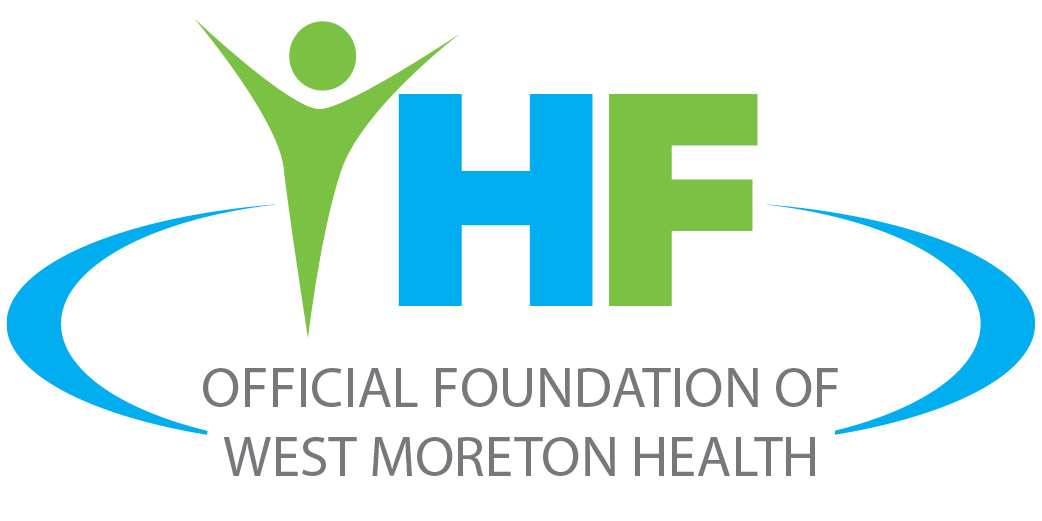
Generous community donations to Ipswich Hospital Foundation’s Impact Funding program are helping to make technological advances in healthcare a reality for patients in the West Moreton region.
Ten projects have received the green light from the Ipswich Hospital Foundation’s quarterly funding program to date.
The program gives West Moreton Health staff the opportunity to apply for funding for new equipment or to support enhanced care for patients and support persons, via health promotion, research and innovation projects.
One of the successful applicants in the first funding round for 2024 was West Moreton Health breast and endocrine surgeon, Dr Susan Bell.
Thanks to Dr Bell and her team, Ipswich Hospital is among the first public hospitals in Queensland to offer the SCOUT wire-free breast localisation technology, a ground-breaking piece of equipment that eliminates the need for breast cancer patients to undergo hookwire insertion on the day of their surgery.
Dr Bell said that the revolutionary new technology is less invasive, has the potential to improve patient outcomes, and reduces waiting times for breast cancer patients who will no longer have to juggle multiple appointments with radiologists and surgeons on the same day.
Dr Bell said she decided to apply for Impact Funding for SCOUT after seeing the equipment in action.
“I’m currently doing a Master of Advanced Breast Surgery, and as part of that, we had to do an assignment about all the different localisation techniques that are available at the moment,” Dr Bell said.
“There is a big shift globally to move away from hookwires to wire-free technologies.”
As part of her research into available technologies, Dr Bell attended an education day and watched via cameras set up in an operating theatre as surgeons used the SCOUT technology.
Traditionally, a fine wire was inserted into the breast lump on the day of surgery to show surgeons its location. With SCOUT technology, patients will be able to have a tiny implant inserted directly into the breast lump several days ahead of surgery, or even before they commence chemotherapy.
Dr Bell said the SCOUT technology would alleviate some of the surgery booking challenges to align a radiology appointment on the same day as surgery.
“Using wire-free technology means we don’t have to put the localisation technique in on the day of surgery; it can be done in advance, which opens up a lot more availability for surgery,” Dr Bell said.
“It’s a lot less stressful for the patient. It’s also more comfortable because the patient just has a little clip put in. You can’t feel it once it’s in place and it can’t be dislodged.
“The little clips we insert are about a centimetre in size. We use a probe that picks up the signal from the SCOUT and tells us, in millimetres, how far away we are from it,” Dr Bell said.
“With hookwires, you never know if the wire has moved since it was inserted and if the information that you’re relying on remains correct.
“It means we can perform a more accurate resection of the cancer and take out less of the healthy tissue and it hopefully also means less need for a second surgery.
“I think this is going to be a real game changer.”


